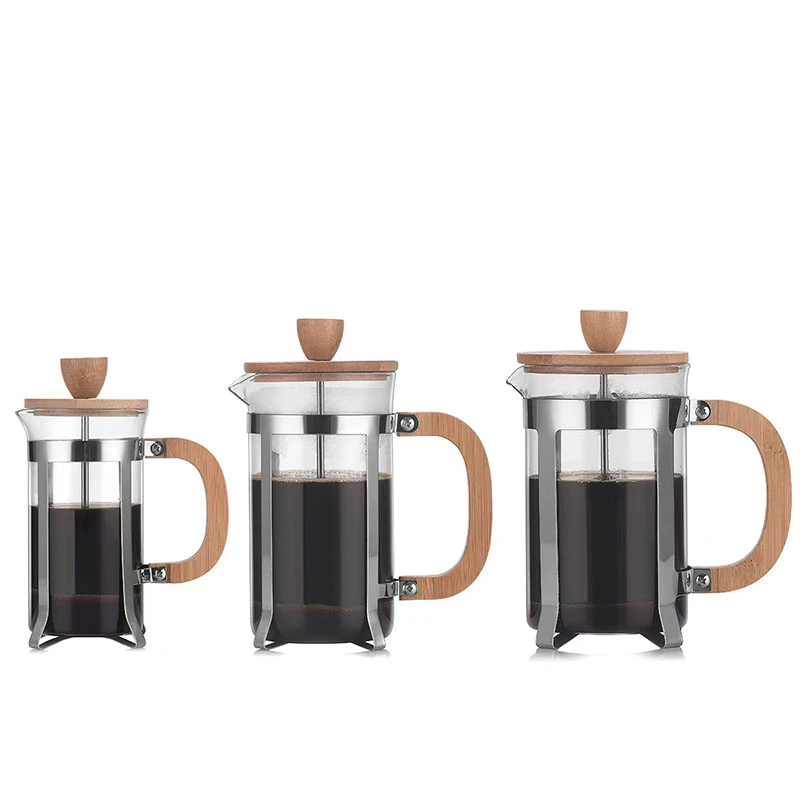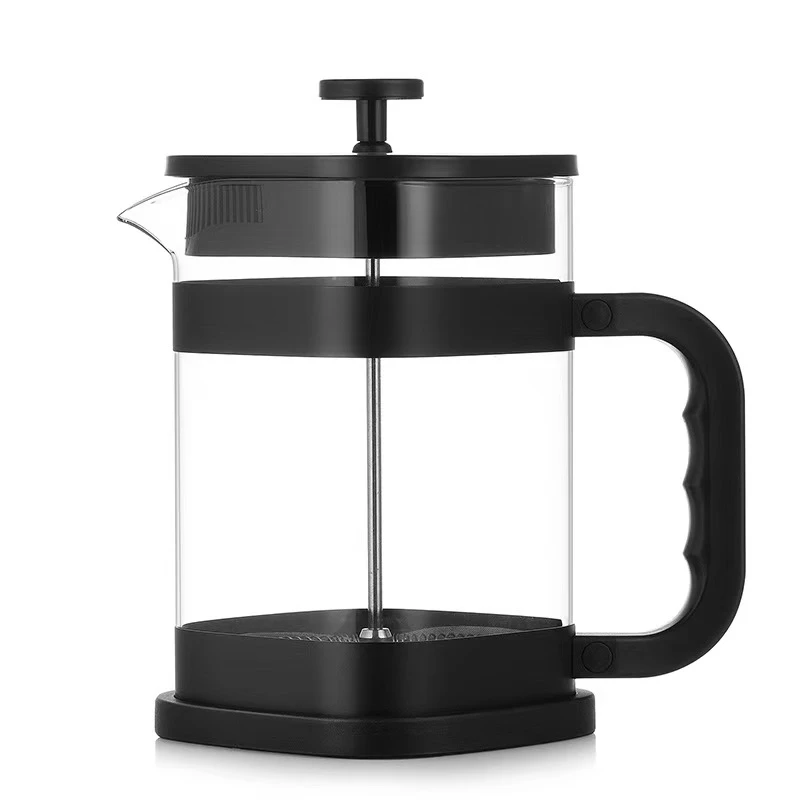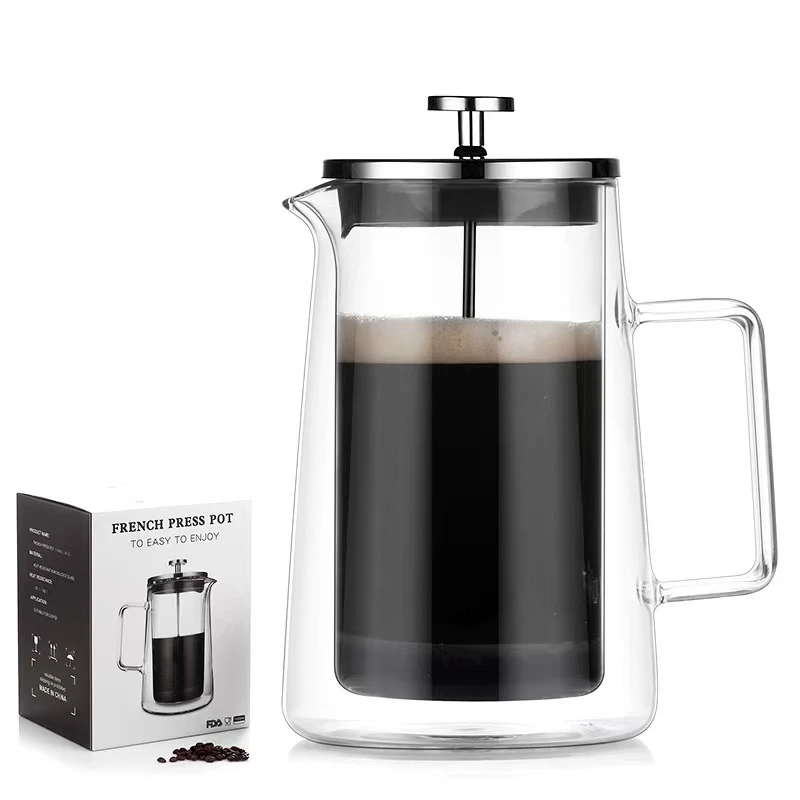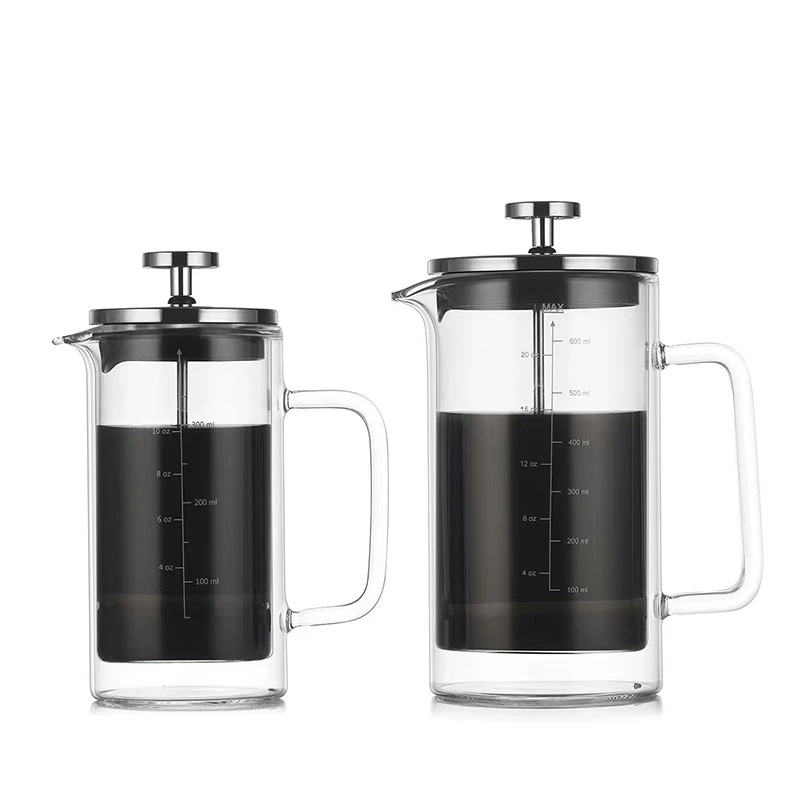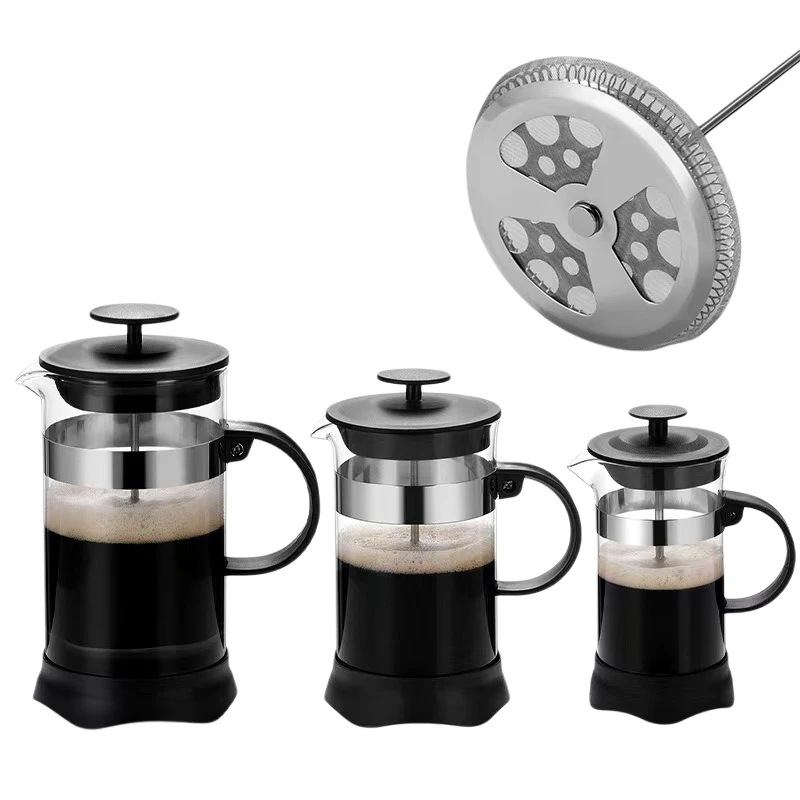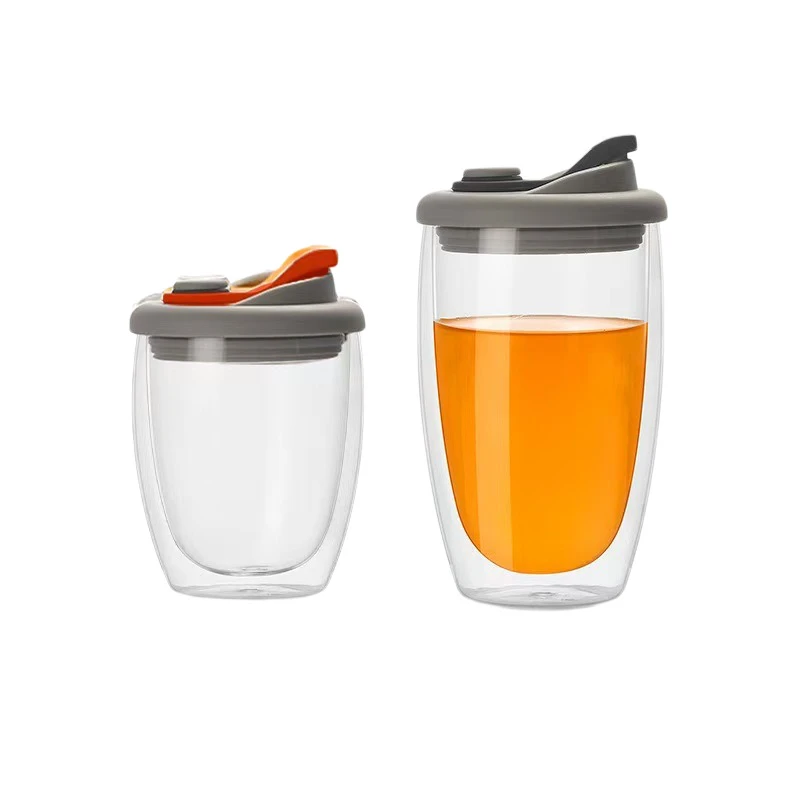 TEL: +86 311 67799298
TEL: +86 311 67799298 Email: tina@yintoglassware.com
Email: tina@yintoglassware.com
330ml glass bottles
The Versatility and Appeal of 330ml Glass Bottles
When it comes to packaging beverages, glass bottles have established themselves as a preferred choice among manufacturers and consumers alike. The 330ml glass bottle, in particular, stands out for its practicality and appeal. This article delves into the benefits, uses, and sustainability aspects of 330ml glass bottles, highlighting why they remain a staple in the beverage industry.
The Advantages of Glass Packaging
One of the most significant advantages of glass packaging is its non-reactive nature. Unlike plastic, glass does not leach chemicals into its contents, ensuring that the taste and quality of the beverage remain uncompromised. For carbonated drinks, such as beer and soft drinks, the robustness of glass allows it to withstand high pressure without risking contamination or spoilage.
Moreover, 330ml glass bottles offer an ideal serving size. This amount is sufficient for single servings, making it convenient for both consumers and producers. It caters to individuals who seek a smaller, more manageable portion, especially in social settings or while on the go. The compact size of these bottles also allows for easy stacking and storage, optimizing shelf space for retailers.
Design and Aesthetic Appeal
The aesthetic quality of glass packaging cannot be overlooked. The clarity and sheen of glass bottles provide a premium feel that enhances the perception of the beverage contained within. Many consumers associate glass packaging with higher quality and a more authentic experience, which is particularly important in competitive markets like craft beverages.
330ml glass bottles also lend themselves to innovative design options. Brands can choose from a variety of shapes and colors, which not only attract consumer attention but also communicate brand identity. For instance, a uniquely shaped bottle can become part of a brand’s signature, making it instantly recognizable on the shelf. Additionally, custom labeling provides an avenue for brands to convey their story, values, and product information effectively.
Versatile Use Cases
330ml glass bottles
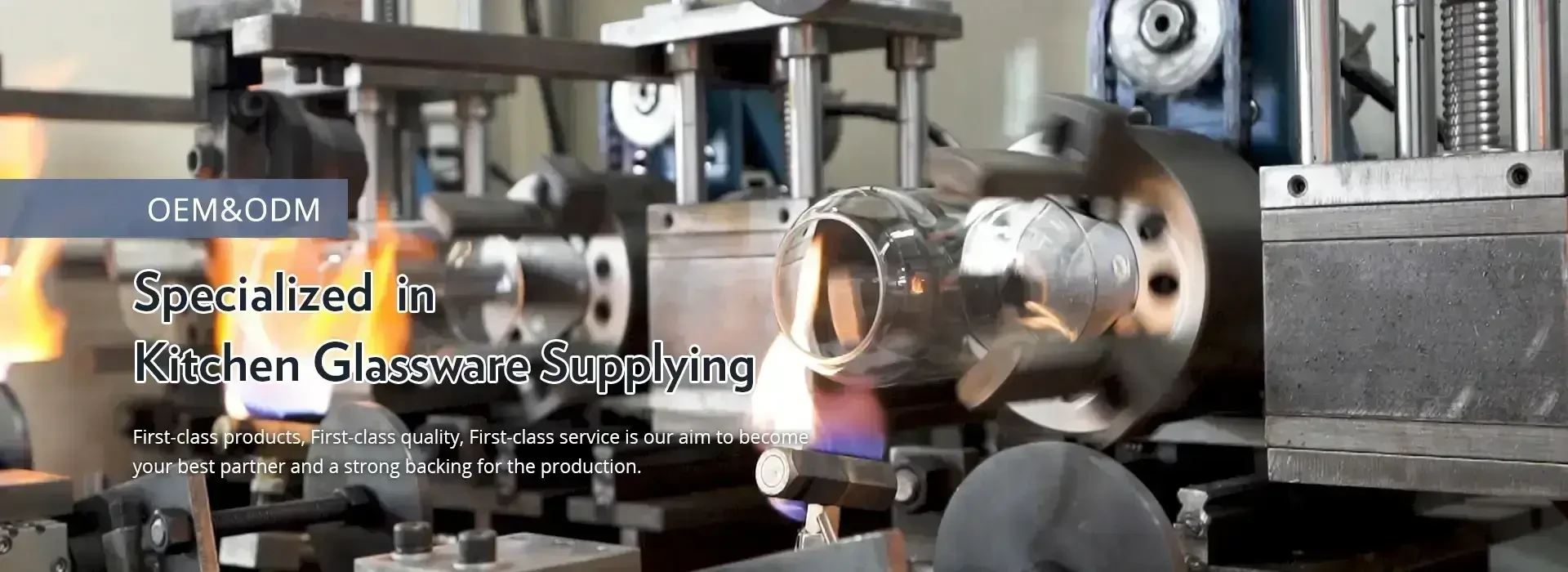
330ml glass bottles are not limited to alcoholic beverages; they are incredibly versatile. They can be used for bottled water, juices, smoothies, sauces, and even some cleaning products. This versatility makes them a go-to choice for both small-scale artisans and large beverage producers.
For craft breweries, the 330ml glass bottle format is especially popular. Many craft beers are designed to be enjoyed fresh, and this smaller container promotes quick consumption without risking the beer going flat after being opened. They also provide the perfect canvas for creative label designs that tell the story behind each brew.
In the soft drink market, brands have started to embrace 330ml glass bottles as a way to attract health-conscious consumers. The trend is shifting towards more natural ingredients, and glass bottles fit perfectly into this narrative by showcasing the product without the perception of unhealthiness that sometimes accompanies plastic packaging.
Environmental Considerations
As consumers become more eco-conscious, the sustainability of packaging materials has become a crucial factor in purchasing decisions. Glass is infinitely recyclable, which is a significant advantage over single-use plastics. The recycling process for glass requires less energy than creating new glass, thereby reducing the carbon footprint associated with production. Furthermore, many municipalities have developed robust recycling programs, ensuring that glass bottles are returned to the supply chain.
By choosing 330ml glass bottles, brands not only demonstrate their commitment to sustainability but also appeal to environmentally conscious consumers. The option to reuse glass bottles adds another layer of eco-friendliness, as many consumers prefer to repurpose bottles for various uses around the home.
Conclusion
The 330ml glass bottle is a perfect embodiment of practicality, aesthetic appeal, and sustainability. Its versatility makes it suitable for an array of beverages, while its non-reactive nature ensures the quality of the product remains intact. As brands continue to innovate and consumers seek higher quality, eco-friendly options, the 330ml glass bottle will undoubtedly remain a favored choice in the beverage industry. Embracing this format is not just a trend; it reflects a broader movement towards responsible consumption and appreciation for quality packaging.
-
Benefits of Vacuum Containers with Pumps for Food PreservationNewsJun.12,2025
-
Glass Food Storage Container with Lid for Seal PreservationNewsJun.12,2025
-
Styling Amber Glass Plates for Modern TablescapesNewsJun.12,2025
-
Benefits of Double Wall Coffee Cups for Heat RetentionNewsJun.12,2025
-
Colored Glass Bowls in Cultural TraditionsNewsJun.12,2025
-
Durability of Colored Glass Dinnerware Compared to CeramicNewsJun.12,2025



